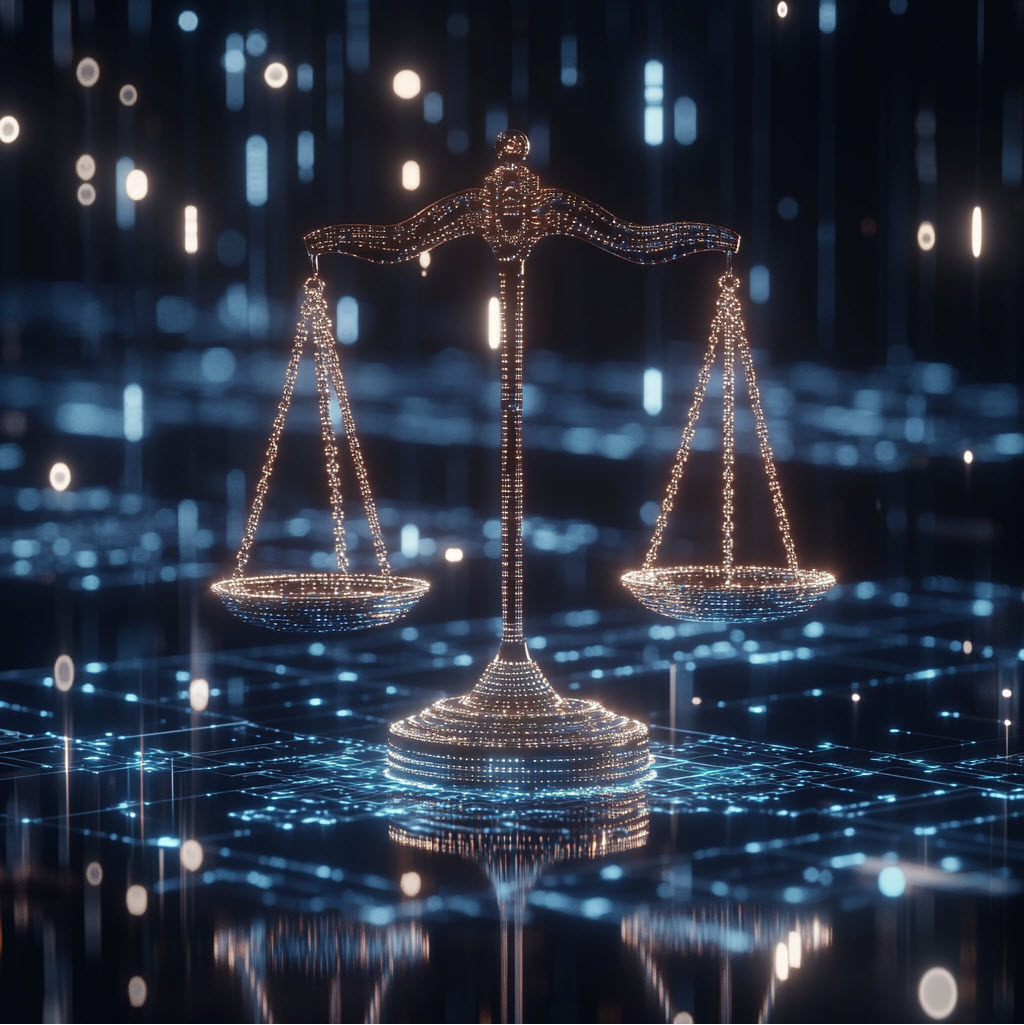What is Bias Control in AI?
Bias control in AI focuses on minimizing the influence of unfair or unintentional biases that may arise from training data. Through thoughtful prompt engineering, AI systems can produce more equitable and trustworthy results.
Why Bias Control is Important
Bias in AI can lead to unfair or inaccurate outputs, particularly in sensitive domains like hiring, healthcare, or law. Ensuring fairness protects users, upholds ethical standards, and fosters trust in AI systems.
Step-by-Step Guide
- Identify potential bias areas: Analyze the task and identify where bias might arise.
- Craft neutral prompts: Use language that avoids reinforcing stereotypes or preconceptions.
- Regularly evaluate outputs: Continuously test the AI’s responses for fairness and adjust prompts or workflows as needed.
Example: Neutral Hiring Recommendations
A hiring prompt might state:
"Based solely on qualifications and experience, recommend candidates without considering demographic factors."
Strengths & Weaknesses
- Strength: Enhances fairness and ethical adherence in AI systems.
- Weakness: Requires ongoing oversight to identify and correct potential bias.
Use Cases
Bias control is critical for:
- Human Resources: Ensuring fair hiring practices.
- Healthcare: Making unbiased patient care recommendations.
- Legal Systems: Providing impartial legal research assistance.
How KOLO_AI Can Help
KOLO_AI partners with organizations to design workflows and prompts that reduce bias and promote fairness. While we can’t guarantee bias-free AI, we help develop systems that align with ethical AI standards, leveraging tools available on platforms like Azure OpenAI.



